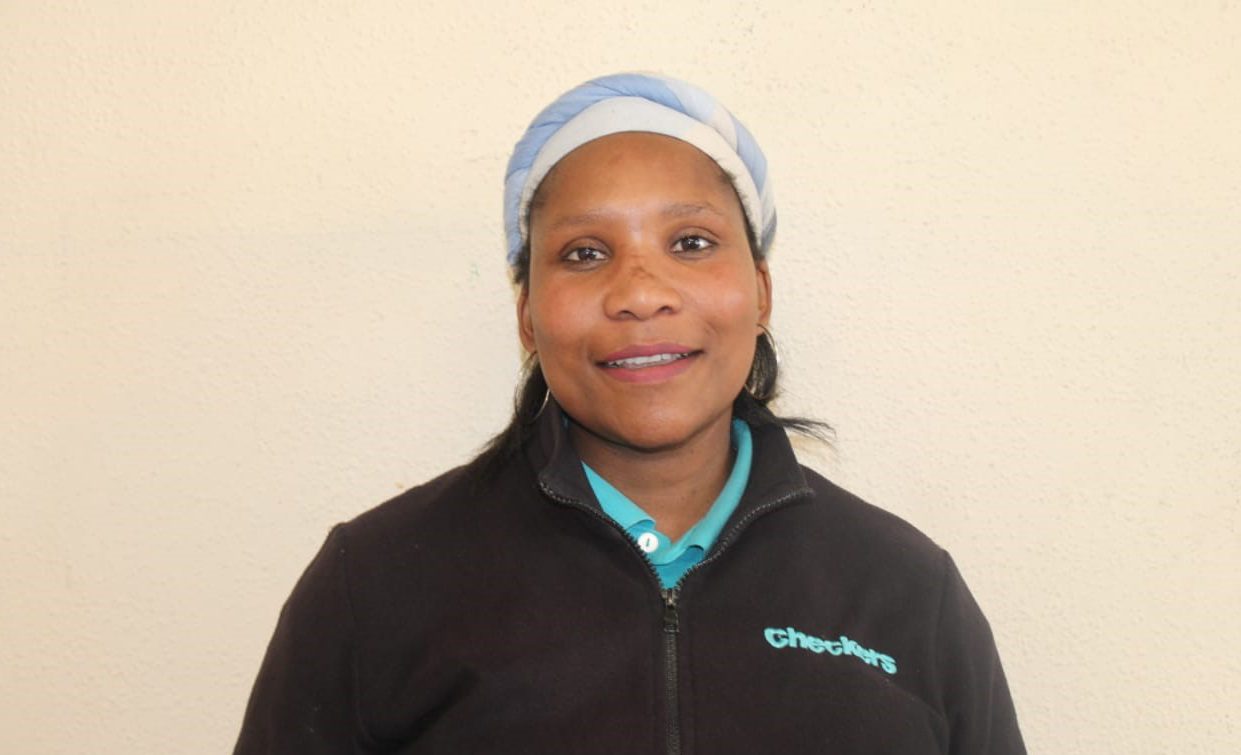By Chris Totobela
In this week’s Heritage Month feature we introduce Ntomboxolo “Ntosh” Nanto. She hails from Phumlani in Makhanda, and has expressed her skills to audiences overseas, Los Angeles in the United States of America, to be precise. Nanto started playing rugby at a very young age, doing it for fun with boys in a backyard in her neighbourhood.
Spotted by one of African Wonderers’ players, Nanto was invited to watch the team train. “I was invited by one Zola who was my neighbour to their training and I was the only girl at their training sessions and I wanted to try it out.”
She started training with boys where she was taught the basics of the sport. “I was taught how to pass the ball and also how to tackle an opponent.”
In 2007, she went to watch a rugby Sevens tournament at Mickey Yili Stadium where she accidentally played her official game. “I was asked to play as African Wonderers were a man short and at that time I only knew two things about rugby – passing and tackling, but I played all the games and I enjoyed it.”
It was after the Sevens tournament that she decided to take her rugby seriously and after getting her mother’s blessings – she had initially refused to allow her to play as she viewed rugby as a dangerous sport played by men – she went for it.
In 2010, Nanto was included in Eastern Province U20 team where she was a regular and played against other provinces. In 2011 she received a call up to the Springboks U20 team and went to join the camp in Bloemfontein.
In July of the same year, Nanto made the final squad that went on to play in the United States. “I couldn’t believe it when I received the call to inform me that I had made the final squad. I went overseas for the very first time because of sport and that is something that I will cherish for the rest of my life.”
She told Grocott’s Mail that as much as she enjoyed the tour and played all the games, her toughest games were against Canada and the USA which they both lost.
Nanto was forced to retire at a very young age as she had to work. “Women rugby was not taken seriously then and we were not paid so I had to find work to help me feed my family. Time became a problem as I worked late everyday and couldn’t get a chance to train. As much as I wanted to continue with rugby I had to make a difficult decision as I had to choose between playing for my country and working for my family.”
She currently plays for Alicedale but only occasionally to keep fit as she hardly finds time due to her current job. She also said that the state of local women rugby is one of the reasons she decided to play for a team out of town. She concluded by encouraging women to play sport and focus on education, especially with the current opportunities presented to them.


